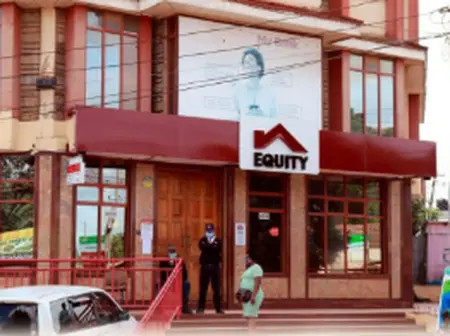The Democratic Republic of Congo’s Senate has stepped in to delay a looming 30 percent forced divestment of Equity Group’s stake in its DRC subsidiary, Equity Banque Commerciale du Congo (Equity BCDC), after Equity launched a high-level campaign to block the mandated share sale.
The bank has described the proposed sell-off as detrimental to investor confidence and a threat to financial stability.
Earlier this year, the DRC’s central bank, Banque Centrale du Congo (BCC), issued a directive known as Instruction 18 that requires all foreign-owned banks operating in the country to restructure their shareholding.
Under the rule, such banks must have at least four unrelated shareholders each holding a minimum 15 percent stake, and Congolese nationals must collectively own at least 45 percent of shares.
The implication for Equity and KCB, which currently own approximately 85 percent of their respective DRC units, was clear: divesture of roughly 30 percent of their stakes.
In response, Equity Group launched a lobbying campaign seeking exemption, arguing that as a listed company it already maintains a broad and transparent ownership structure that meets the spirit of the rule.
The bank cautioned that forced divestment could undermine long-term investments and disrupt the stability of the financial system.
The Senate’s action comes amid mounting concern over potential economic fallout. Analysts warn that a large-scale secondary share offering estimated to be worth approximately $320 million for Equity Group alone could overwhelm the nascent, thin local capital markets in the DRC.
Equity BCDC remains one of the most profitable operations in the group, contributing significantly to overall earnings. In 2023, it accounted for over 15 percent of Equity Group’s total earnings.
As of now, the Senate’s move has paused enforcement of the sell-off requirement, buying time for further negotiations. Equity continues to seek either an exemption or a tailored amendment to the law, pursuing a path that maintains their strategic control while enabling local participation in line with policy goals.
Investors and regional stakeholders are closely watching developments. The outcome could set a critical precedent not only for Equity and the banking sector but also for the broader balance between regulatory sovereignty and cross-border financial integration across the region.

Leave a Reply